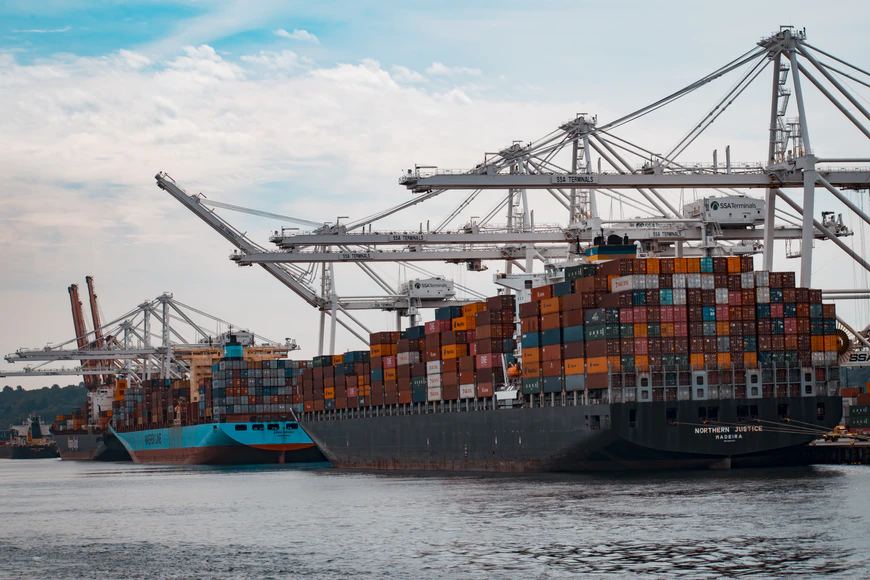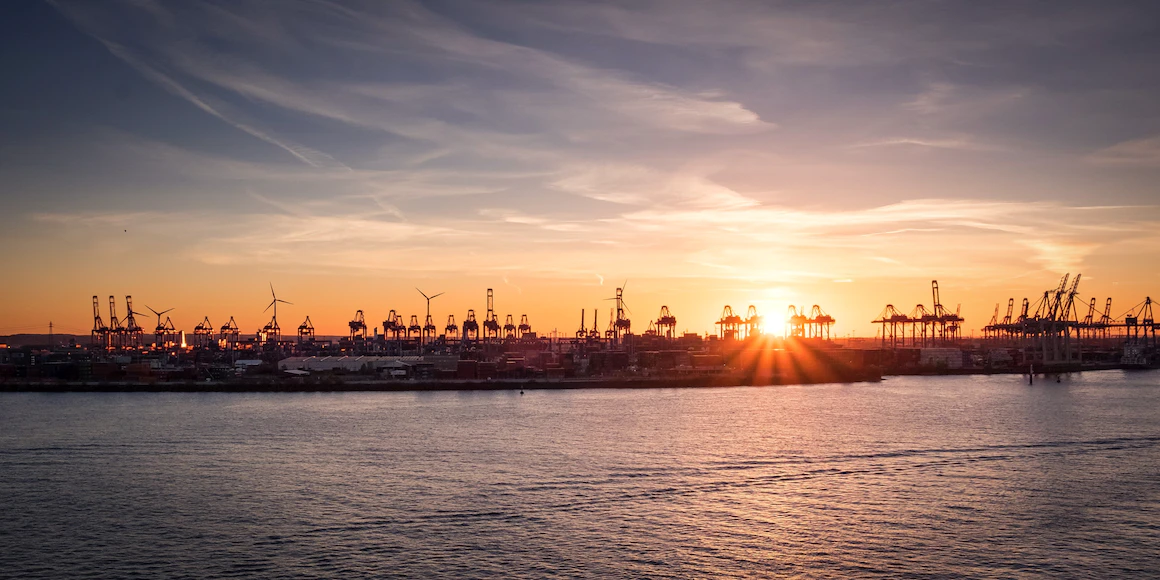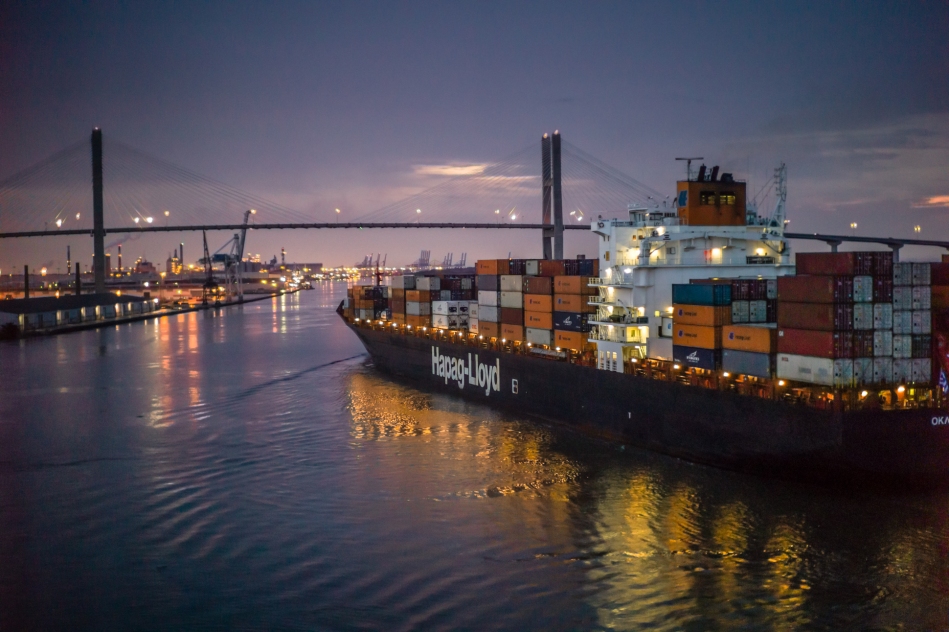Customs brokers provide professional and expert service on customs clearance
of goods during importing and exporting. Customs brokers are in charge of
making sure that the rules and regulations of international trade are consistently
met, and they are responsible for the interaction and communication with the
customs of a shipment’s country destination.
There are several factors that must be taken into consideration when it comes to
choosing the best customs broker.
1. Eligibility
The very first thing that you need to check with your customs broker is their
eligibility. Your customs broker must be a license holder, which means that he or
she is an accredited customs broker, and he or she has been able to pass the
licensure examination specific for customs brokers. Moreover, if you are looking
for a customs brokerage company, this company must empower its employees to
become licensed customs brokers.
In order to become a licensed customs broker, one must go through a four-year
course and take a licensure exam, which in the Philippines is administered and
regulated by the Philippine Regulatory Committee (PRC). The intensive
education process that licensed customs brokers goes through enables them to
have the confidence and efficiency that they need to carry out their
responsibilities.
Every country usually has an official list of active brokers from the government. It
will be wise to first check with this list for any customs broker that you will be able
to get in touch with.
For the official list released by the Bureau of Customs of the Philippines, the list
can be found here.
2. Technical Knowledge and Skills
Interfacing with the local and international customs is no mean feat.
The laws, rules, and regulatory requirements pertaining to transport of goods can
be very complex. This is why it is critical for your customs broker to have a high
level of technical knowledge, as well as access to up-to-date information when it
comes to shipments, importation, and exportation. Your customs broker must
have high understanding of entry protocols and requirements, valuation, fines and penalties, taxes, and the like.
3. Track record
It is also wise to ask industry peers for recommended customs brokers, as well
as existing clients of customs brokers for feedback regarding their performance.
This way, you can gauge their integrity, professionalism, and level expertise.
You might also want to consider making sure that your customs broker of choice
has no pending case with the customs of any country.
4. Specialty and experience
The ease of any work always depends on the experience of the one doing the
work. Customs brokerage is no different. You need to consider working with a
customs broker who has had experience, or better yet, has a specialization in the
handling of the goods that you will be shipping.
This way, you will not be caught off guard when it comes to duties, taxes, and regulations, or even obscure agreements and provisions, special cases, or some
exceptions to the rule, if there are any. After all, each country has a unique set of
shipping rules and regulations, and all goods are handled and shipped in a
specific way.
5. Professionalism and Integrity
The customs broker is the one who interfaces with customs in behalf of the
importer or exporter. This means that the customs broker is the one who
represents you and your business. In this regard, it is important to have a
customs broker who is able to satisfy all legal requirements in an efficient,
effective, and ethical way.
Moreover, the goods that you are shipping are valuable, and oftentimes irreplaceable. It is therefore important to make sure that these goods are being
handled by people only with utmost professionalism and unbreakable integrity.
Choosing to work with a customs broker is one thing, and choosing the best
customs broker for your business and your goods is another thing. It is important
to make sure that the customs broker you are working with actually has what it
takes to get the job done for you, and provide you with a service that is
exceptional and efficient.
Excelsior is a freight logistics corporation who not only moves your shipment, but
also takes care of customs clearance on your behalf. Excelsior has been
providing exceptional, excellent, and experienced service for 15 years,
throughout all the phases of shipment – from freight forwarding to customs
brokerage.
You can also be assured that at Excelsior, we value or partners (we treat our
people as partners, not employees). We support and encourage all partners to
become licensed customs brokers. This is to make sure that our clients are
provided only with excellent customs expertise and superior customer service. To
date, 80% of Excelsior Partners are customs administration graduates. Six of the
Excelsior Partners are licensed customs brokers; we are proud to note that this
number exceeds industry average today.
Allow Excelsior Worldwide to help you navigate through the world of import and
export. For more information on our customs brokerage services and to know
more about Excelsior, visit our website today at /. For any
queries that you may have, you may call us at (063) 5259775, or send us an
e-mail through wecare@excelsior.ph.











